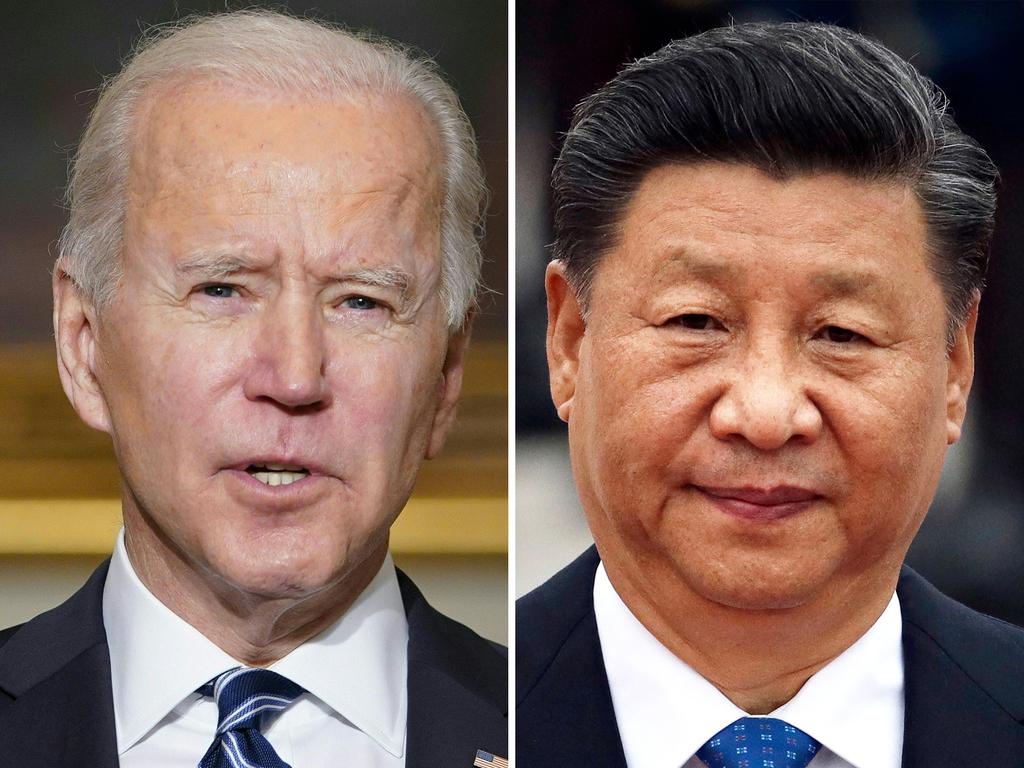What if we’re reliving the ’70s with no Reagan to save the day?


The hegemony of today’s left-wing radicals, pursuing their ambitions to repudiate America’s historical values and remake the country in the image of some purified version of a big government, equity-enforcing, social-democratic paradise, recalls the 1970s. That decade culminated in the unique combination of economic ruin and international humiliation that defined a one-term Democratic presidency — and we know what happened next. Wait a while, the optimists say. The next Reagan Revolution is at hand.
History doesn’t repeat itself, despite what Marx said, but there is a pattern in the ebb and flow of historical tides. Extreme lurches in one direction tend to be self-correcting, especially when they push a nation as successful as America close to the abyss.
But conservatives should defer the optimism. There are surely similarities between today’s conditions and that benighted decade of 50 years ago, and you don’t have to have a wild imagination to see the Joe Biden-Jimmy Carter parallels. But there are important differences that should temper any confident predictions of an imminent new era of conservative ascendancy.
The 1970s were probably the last decade when existential doubts about the American project were as pronounced and debilitating as they are now. The advances of the 1960s in civil rights and economic prosperity collapsed into a tumult of social unrest and, to coin a phrase, national malaise. The racial strife that closed the previous decade continued to define much of the next one. There are echoes of today’s woke revolutionaries in the 1968 Summer Olympics, when black athletes demonstrated their antipathy to the flag and what it stood for in their own Black Power salute from the medal podium.


The surge in homicides in the past year is a flashback to the decade when American cities were hellscapes — as is the flight of many Americans from those cities to suburbs and beyond. Back then Democratic politicians blamed it on systemic injustice and racist policing and seemed to favour criminals over their victims. Sound familiar?
Then as now there was an existential sense of peril and failure. In the 1970s the nation was haunted by a widespread fear that America was losing the great ideological struggle of the time to the communist superpower. The US retreat from Vietnam, the tightening Soviet grip on Eastern Europe, and Marxist advances in Latin America had at least American progressive elites convinced of ultimate decline and fall. More than 40 years later, American elites are convinced another communist power is eclipsing the US and the civilisation it has led.

The 1970s gave us stagflation — immortalised in the popularisation of the “misery index” — the sum of the unemployment and inflation rates. While today’s number remains well shy of the peak it reached in 1980, it has doubled in the past two years — a feat last performed in the mid-1970s. Other echoes resonate across the half century: unaccustomed military misadventures, in Vietnam then and Iraq and Afghanistan now; presidential infamy in Richard Nixon and Donald Trump.
For all the similarities, though, there’s at least one big political difference — rooted in an economic one — that suggests reason for pessimism.
Today, unlike then, almost the entire American establishment lines up on one side. The progressive revolution is much more deeply embedded in the nation’s institutions than it ever was in the 1970s. It was still possible then to find conservatives on campuses — it was the intellectual revolution of Milton Friedman and the Chicago school that presaged Ronald Reagan’s political version. Friedman would probably be cancelled today. The permanent government wasn’t steeped as it is now in the social and political orthodoxy that thwarts efforts to undo it.
But the biggest difference of all is the investment by America’s corporate leadership in the dominant progressive ideology.
By the late 1970s US financial markets had been in a decade-long bear market. In 1979 the Dow Jones Industrial Average was where it had been in 1965. Since then, and thanks in great part to the global economic liberalisation unleashed by the Reagan-Thatcher years, today’s American corporations have enjoyed a bull run like no other.
Which leaves us with one of the strangest alliances in history: a dominant political class that argues America is a fundamentally flawed society in need of complete transformation, in coalition with a dominant capitalist class that reaps unprecedented riches from investors’ convictions that things have never been better.
Barring an epic financial collapse or some improbable early cultural counter-revolution, the coalition that helped elect Ronald Reagan isn’t coming back. Any reversal of the tide of progressive hegemony will have to be achieved from the bottom up.







There’s a consoling thought as we descend deeper into the socially disintegrating, culturally self-loathing, economically stalling dystopia of contemporary America: We’ve been here before.